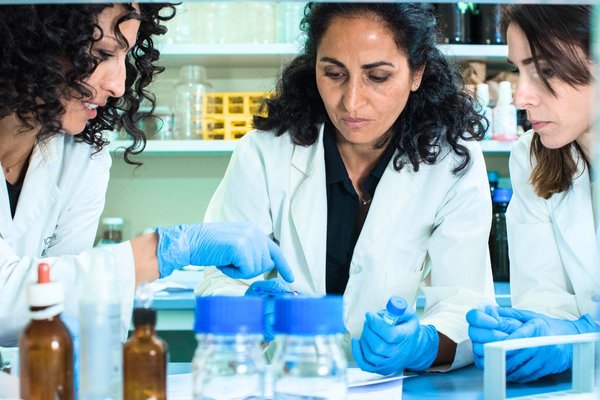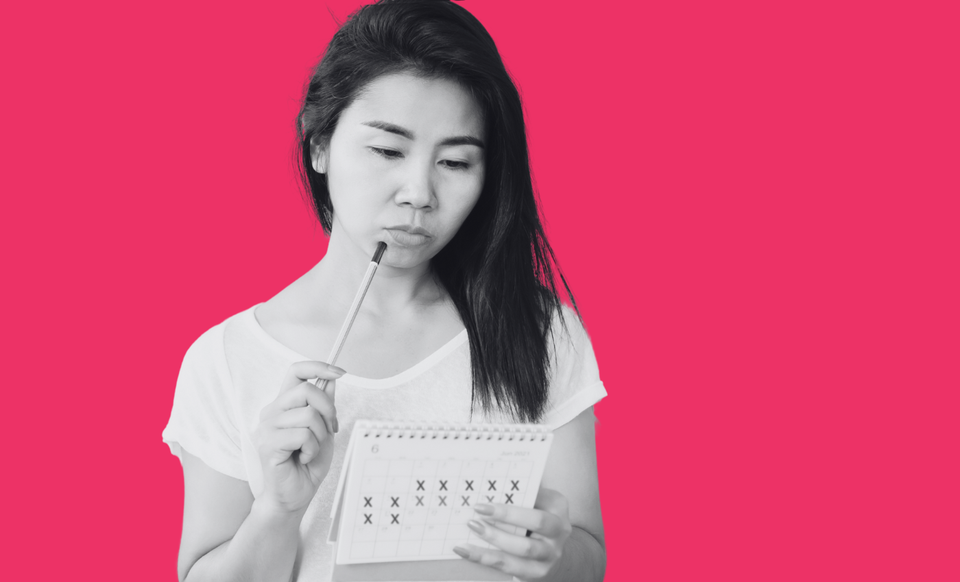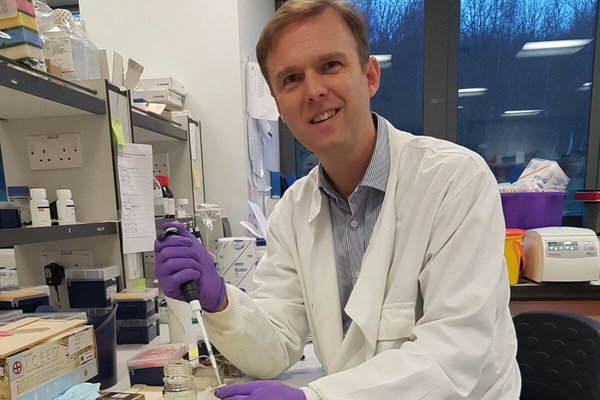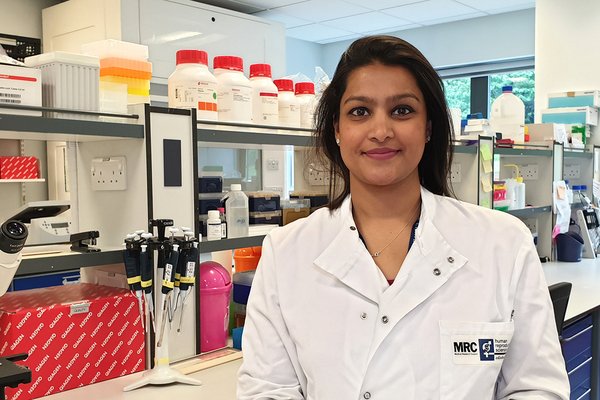
Can menstrual fluid identify causes of heavy periods?
On average, a menstrual cycle lasts between 24 and 38 days, but what happens if yours isn’t regular or predictable?

For many, periods don’t follow a predictable pattern. More than 3 in 4 women and girls have experienced irregular periods and 1 in 7 experience this every cycle.
Despite being common, irregular periods could be a sign of an underlying gynaecological condition, so it’s important not to dismiss this as “normal”.
What should you be looking for?
You may have been taught that your period should come every 28 days. But it can be slightly longer or shorter than this.
Your periods are irregular if:
If you are experiencing irregular periods that impact your life, make an appointment to see your GP. You should also visit your GP if you have any spotting in between periods or after sex, as this could be a sign of something more serious.
Things that can cause irregular periods include:
Some gynaecological conditions can also cause irregular periods, including:
Very rarely, irregular periods could be a sign of womb or cervical cancer.
Your first step is to see your GP – find out how to prepare for your appointment here.
It is helpful to keep track of your periods ahead of your appointment and details like how far apart they are, how long they last, how heavy they are, and what impact they have on your life.
Your doctor may want to carry out a vaginal exam, especially if you have other symptoms such as severe period pain, heavy bleeding, bleeding or pain during or after sex, or bleeding between periods. Your GP may also do a blood test to check if you’re anaemic; if you are having frequent periods it could lead to anaemia.
They may refer you onto a gynaecologist if they suspect an underlying cause.
Treatment isn’t always needed for irregular periods and will depend on if there’s an underlying cause.
Your doctor will work with you to find the best options:
For example:
It can be more challenging to get pregnant if you have irregular periods as you may not be releasing an egg regularly.
If you want to get pregnant, it is recommended that you have sex every 2-3 days without contraception throughout your cycle.
If you are still struggling, you should speak to your doctor who may recommend hormone medicine or fertility treatment.
Our “periods information hub is here to help educate and empower women, girls and people who menstruate. Get more information and support here.
If you have any symptoms or concerns, always speak to your doctor.
As a women’s health charity, part of what we do is fund research to save and change the lives of women, girls and babies.






Do you know fact from fiction when it comes to premenstrual dysphoric disorder (PMDD)?

You might be nervous about getting your first period, or you might have had periods for a while but are finding them difficult. You’re not alone.

Don’t worry, we’ve got the lowdown on how to feel supported while sorting fact from fiction.